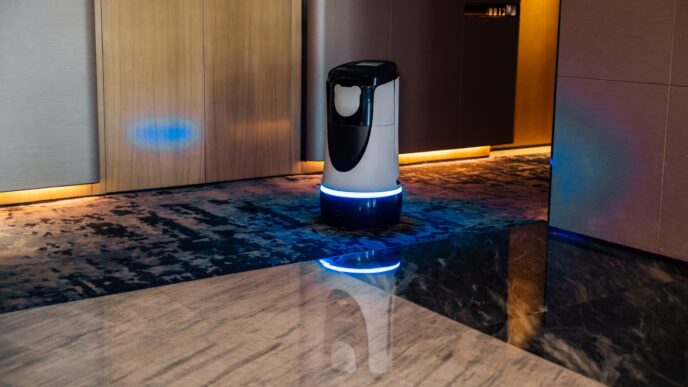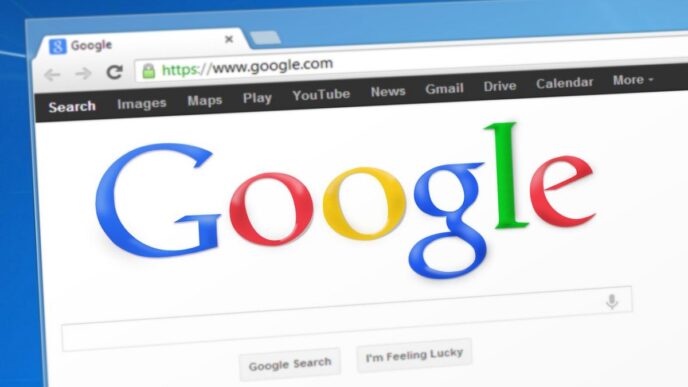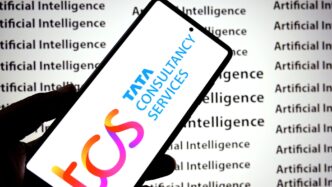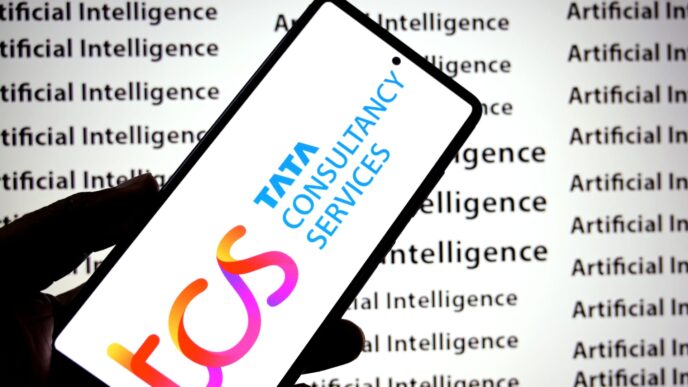EU activates AI Act phase two, clamps down on ChatGPT and rivals
The European Union just rolled out the second phase of its AI Act, targeting general-purpose AI models like ChatGPT, Claude, and Gemini. The move tightens rules on transparency, copyright compliance, and personal data use. Developers now must certify content origins and filter hate speech proactively.
This update follows the initial February framework banning high-risk AI uses like social scoring and exploiting vulnerable groups.
The EU’s crackdown puts it at odds with U.S. norms favoring self-regulation and China’s rapid, unregulated AI push. Brussels wants AI companies to play by its rules if they operate in Europe, effectively using the AI Act as a digital gatekeeper against American tech giants.
Meta pushes back hard. Unlike Google and Microsoft, Meta refuses to comply, calling out the new rules as threats to its data-heavy, AI-driven business model. The company warns the regulation will stifle innovation and hand rivals an edge.
Experts are split. Some see the AI Act as mostly a PR move for companies. Others say Europe risks losing major players who could avoid its market.
The clash highlights a tech sovereignty battle between Brussels and Silicon Valley, with big stakes over who sets global AI norms.
“Mark Zuckerberg’s company categorically refuses to submit to European demands, preferring a direct confrontation with Brussels.”
“Submitting to the AI Act would mean limiting its innovation capacity and giving a competitive advantage to its less scrupulous rivals.”
Europe doubles down on ethical AI governance — but risks isolating itself in the global tech race. The bigger challenge: regulate AI without killing innovation or losing influence.












